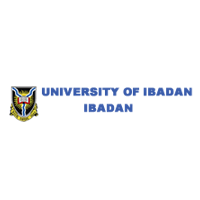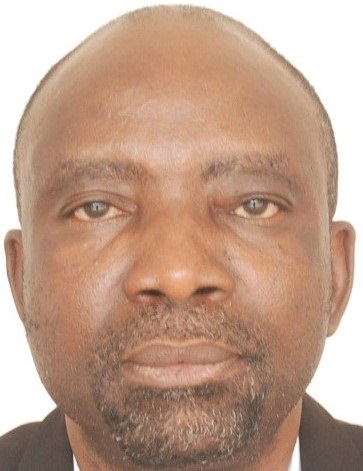Below is a summary of the abstract you submitted. Presenting author(s) is shown in bold.
If any changes need to be made, you can modify the abstract or change the authors.
You can also download a .docx version of this abstract.
If there are any problems, please email Dan at dar78@pitt.edu and he'll take care of them!
This abstract was last modified on May 1, 2019 at 9:47 a.m..

The University of Ibadan SEA-PHAGES team comprise of seasoned faculty members and selected 300 Level Biomedical Laboratory Science undergraduates. The 2018 rookies embarked on a quest to isolate and identify soil borne actinobacteriophages in the city of Ibadan. This attempt was however hampered by constraints ranging from unavailability of isolation host, limited resources and disrupted academic calendar. These constraints limited our capacity to isolate and characterize indigenous bacteriophages during the discovery undergraduate research course offered in first semester. Nevertheless, during the genome annotation and bioinformatic analyses second semester course we maximized the opportunity presented during the December 2018 Bioinformatics meeting. Knowledge gained at the meeting was imparted into our students and we subsequently requested to annotate previously isolated Idaho Phage.
Within a short time, Idaho, a member of Cluster FE with a genome length of 15675 and an overhang sequence of 15 bases and a total of 22 genome features was annotated by the team. It was a great opportunity to train and see our undergraduates develop skills and show mastery in the use of variety of bioinformatic tools for genome annotation. It is worth mentioning that in the course of annotation, we noticed that Cluster FE-like bacteriophages including Idaho can be lysogenic and consequently showed 5 prophages with significant level of identity in genome organization (Oduselu et al., 2019). Ultimately, we succeeded in our scientific quest and today, with the assistance of the HHMI team, the annotated Idaho phage has been submitted to GenBank under the accession number MK757448.
Going forward, the University of Ibadan SEA PHAGES team, with institutional support and cooperation of our collaborators plan to annotate more bacteriophages, further explore our prophages experience, and more importantly isolate and characterize indigenous bacteriophages from our region.

